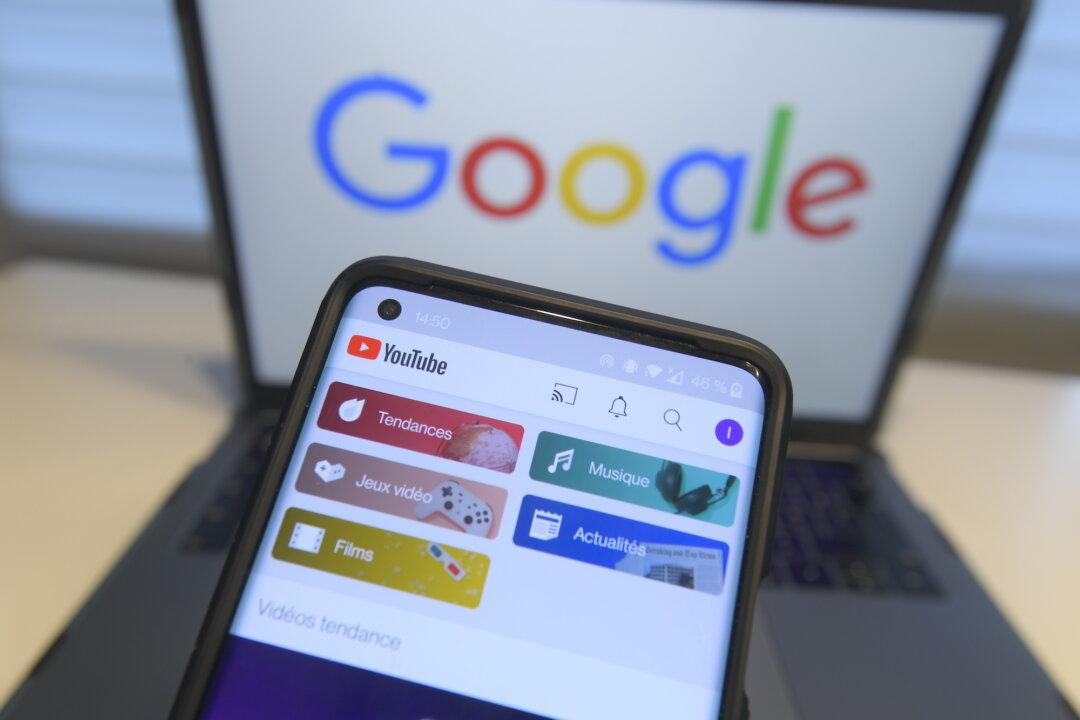Google on April 22 said it is aware of reports of a phishing scam targeting Gmail account holders and has rolled out a fix.
Earlier this month, a software developer and researcher wrote that he received a security alert email that purported to be from Google that informed him that a “subpoena was served on Google LLC requiring us to produce a copy of your Google Account content,” adding later that the user could look into the details to “submit a protest.”





